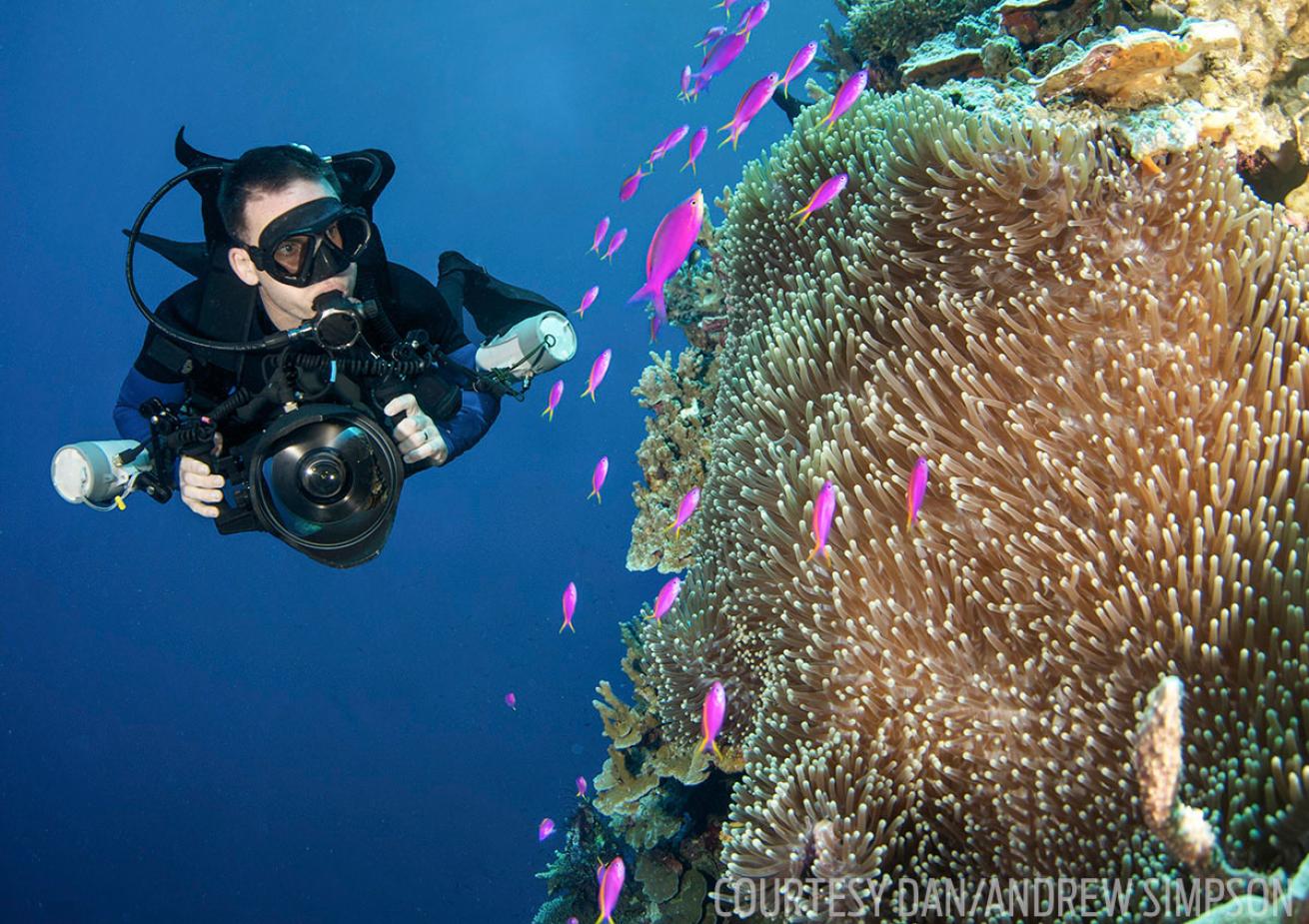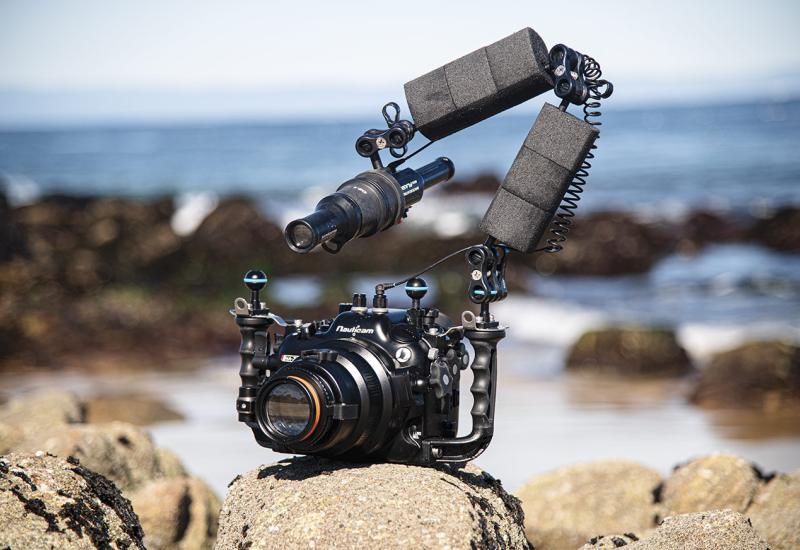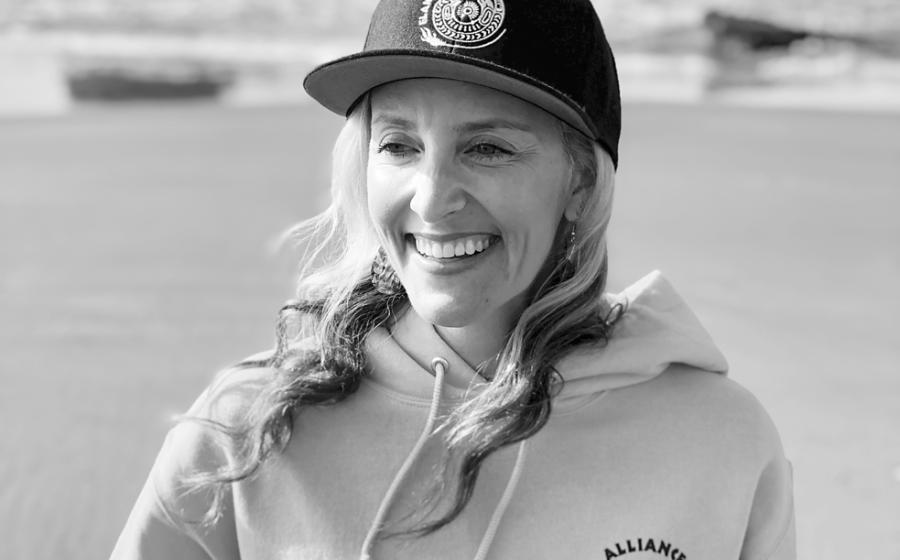Ask The Experts: How Can I Safely Take Photos Underwater?
Capturing breathtaking images is a challenge that can take a lifetime to master on land, but when combined with the burdens of managing a safe and responsible dive plan, a bulky camera housing, good buoyancy skills and navigation at the same time, the challenge can seem impossible. Here are our tips for minimizing the hazards you’ll face underwater before you take your camera diving.

Courtesy DAN/Andrew SimpsonDivers Alert Network has tips for managing a safe dive while taking underwater photos.
Q: WHAT CAUSES THE MOST INCIDENTS?
A: Almost 1 in 10 incidents reported to the DAN Incident Reporting System involve running out of air; improved gas management was one of DAN’s 10 most needed recommendations in scuba diving in 2016. Handling a complex camera rig, looking for the perfect shot, and trying to keep track of where you are can make it easy to forget the basics. Remember that your safety comes first and remind yourself to check your air more frequently than normal, even if it means losing that albino lumpfish you’ve been chasing.
Q: WHAT SKILLS ARE PARTICULARLY IMPORTANT?
A: Underwater photographers have a reputation for focusing entirely on creating the perfect image. Sometimes this focus means that buoyancy control becomes an afterthought, and the result is often crushed coral, exceeded depth limits, and/or air and effort wasted finning to maintain position in the water. Good buoyancy control is critical. It helps you to approach skittish subjects, prevent damage to the environment, and keep you injury-free.
Q: WHAT OTHER HAZARDS ARE THERE?
A: Underwater photography can be deceptively demanding. The process of framing and lighting an image takes focus and control, and can take your attention away from the logistics of a dive. Practice your photography in controlled settings with an attentive buddy, and work your way up to more challenging dives. Never overwhelm yourself by trying to do too much, too quickly. Your safety is more important than any picture you could take — you can always come back for another shot.
For more information on safe diving practices, visit DAN.org/health.










